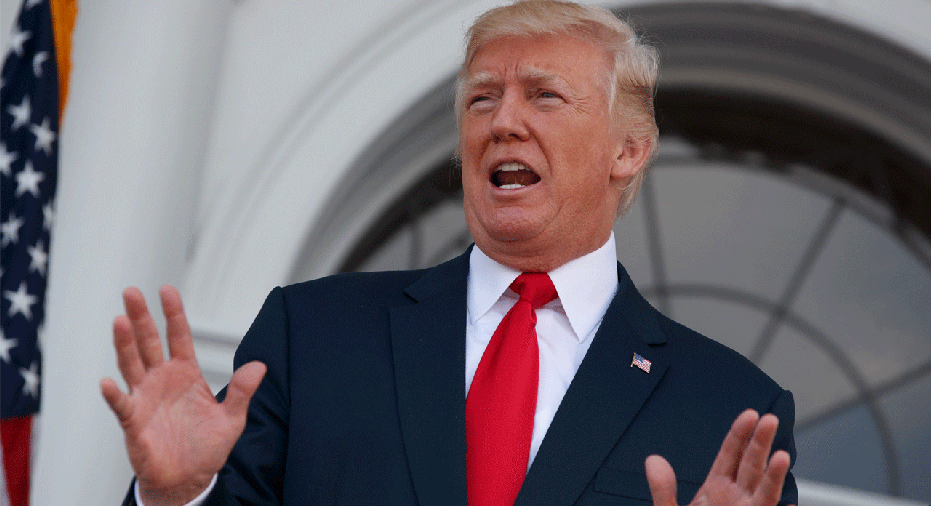Trump's ObamaCare subsidy indecision triggers uncertainty over health care costs

Insurers’ final deadline to file rate requests or adjustments for 2018 in many states was pushed back to September as uncertainty over both policy and the future of key ObamaCare subsidy payments unnerves health companies deciding whether to continue offering plans on the federal marketplace and how to price them.
Insurers in a majority of states were initially expected to submit final premium proposals for their 2018 Affordable Care Act plans on Wednesday, after which time it would have been too late for companies to make changes no matter what happened in Washington, D.C.
However, the date has been postponed because the Trump administration has yet to make a decision about the future of cost-sharing reduction subsidies, or reimbursements for discounted care provided to low-income individuals. While White House officials had said a decision would be made earlier this month, no updates have been tendered in the weeks since. On Tuesday a White House spokesperson said officials were continuing to evaluate options.
Trump threatened to let ObamaCare ‘implode’ by eliminating funding for the key payments after Republicans in the Senate failed to pass a measure to repeal parts of President Barack Obama’s signature health care law late last month.
The Congressional Budget Office said Tuesday that elimination of CSR payments could cause premiums to jump, increase the federal deficit substantially and expand the percentage of Americans without access to plans on the individual marketplace over the short-term.
Insurers are scheduled to receive their next round of subsidy payments on August 21 and have asked the federal government for $8 billion in cost-sharing reduction payments for the coming year.
Cost-sharing reduction subsidies have been a big focal point for insurers looking to gauge costs and ObamaCare participation levels for the coming year. One of the nation’s largest insurers, Anthem (NYSE:ANTM), warned late last month that without certainty regarding these payments, it could be forced to narrow its participation on the exchanges even further. In the weeks since Anthem issued that warning, it announced its withdrawal from the ObamaCare marketplace in Nevada and a dramatic reduction of participation in Georgia.
Aetna (NYSE:AET) and Humana (NYSE:HUM) announced earlier this year they would not offer plans on the individual marketplace for 2018, citing marketplace volatility and the damaging costs of participation.
For the companies choosing to remain, hiking premiums is one of the popular ways to mediate policy uncertainty. Molina Healthcare (NYSE:MOH) announced earlier this month it would seek a 55% premium increase in the marketplaces where it would remain next year. That number would drop to 30% if cost-sharing reduction subsidies were definitively funded, the company said. Meanwhile, PacificSource Health Plans in Idaho has requested a 45.6% rate increase. In California, monthly health premiums are set to rise by an average of 12.5%, state officials said earlier this month.
Insurers now have until September 5 to submit their final premium requests and until September 27 to sign final contracts for next year’s plans.



















